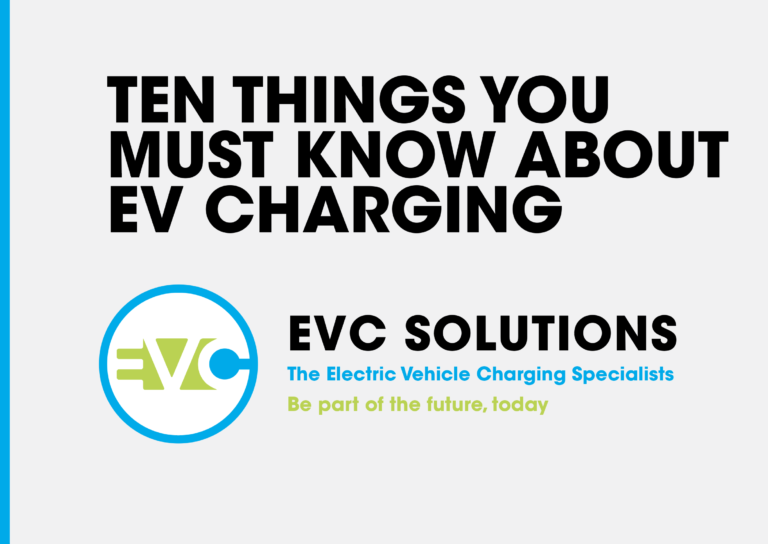The shift towards electric vehicles (EVs) isn't just a trend; it's a mandate. By 2035 all new cars and vans sold in the UK must possess significant zero-emission capabilities. There will be no more sales of purely diesel or petrol vehicles. This deadline was recently extended from 2030 by the UK government. However, although 2035 may seem a way off, it is rapidly approaching in terms of vehicle replacement cycles. If organisations haven’t already begun transitioning to EVs, the clock is ticking.
Why Make the Switch to EVs Sooner?
- Environmental Commitment: Many large organisations are committing to reducing their carbon footprints. With vehicles being major contributors to emissions, electrifying fleets has become a priority.
- Business Mandates: Some businesses, especially in the public sector, are encouraging their suppliers to adopt EVs.
- Cost Benefits: Although EVs might have a higher initial outlay, they often prove more cost-effective in the long run compared to internal combustion engine (ICE) vehicles, especially when considering potential financial penalties in emerging clean air zones.
- Government Incentives: From grants for EVs and charging infrastructure to tax reliefs like the vehicle excise duty (VED) exemption, the government is providing financial incentives for EV adoption.
Advantages of EVs:
- Quieter operation and smoother driving experiences.
- Reduced maintenance and potentially longer lifespans.
- Enhanced driver satisfaction.
However, it’s crucial to recognise that ICE vehicles will remain pertinent for specific tasks, like long-distance deliveries, until EV technology and infrastructure evolve further. Transitioning to EVs requires thoughtful planning, especially concerning charging infrastructure and ensuring the vehicles align with the organisation's needs.
Understanding Different Vehicle Needs:
- Perk Cars: These vehicles offer company car drivers tax benefits, potentially saving them a significant amount monthly. With newer, affordable EV models available, even more junior employees can opt for EVs.
- Job-Need Cars and Vans: These vehicles need to align with operational demands. Factors like payload, daily travel distance, and more must be taken into account. Telematics can be invaluable in analysing vehicle usage and planning the transition.
Managing EV Operations:
Once EVs are integrated, they differ from petrol or diesel vehicles in terms of management. Ensuring they’re consistently charged is paramount. Management systems (like EVC Connect) can optimise charging times and monitor battery health. Charging strategies can be developed with costs and available facilities in mind, maximising the efficiency and effectiveness of the fleet.
While the move to EVs is essential, organisations must strategise, plan, and move at a pace suited to their operational needs. Making well-informed, proactive decisions now will set the stage for a sustainable, electric-driven future.
If you want to know more about anything to do with EV charge point installation for your place of work, commercial building, fleet vehicles, farm, holiday let or home, please
contact EVC Solutions – The Electric Vehicle Charging Specialists, and be part of the future today.
Adrian Cooper
Business Partnering
EVC Solutions Ltd
At EVC we do business that won’t cost the earth.
Contact EVC Solutions on 03300 904030 or or hit the CHARGE ME UP button below.
Want to know more about EV Charging? Download ‘10 Things You Must Know About EV Charging’ here.

